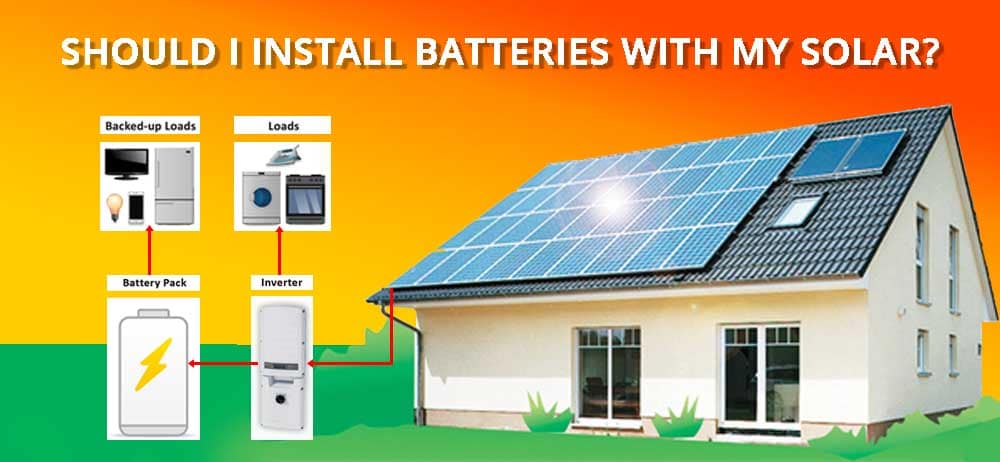“Solar system installation for homes in Victoria”
Why Choose Solar Energy?
Solar energy is a clean, renewable, and sustainable source of power that harnesses the energy from the sun to generate electricity. By installing a solar system, you can significantly reduce your reliance on the grid, lowering your energy bills and minimizing your carbon footprint. With Victoria’s abundant sunshine, solar energy is an ideal choice for homeowners looking to reduce their environmental impact while saving money on their energy expenses.
Benefits of Solar System Installation
The benefits of solar system installation extend far beyond the environmental advantages. Some of the key benefits include:
- Reduced Energy Bills: By generating your own electricity, you can significantly reduce your energy bills, saving you money on your monthly expenses.
- Increased Property Value: Installing a solar system can increase your property value, making it more attractive to potential buyers if you decide to sell in the future.
- Low Maintenance: Solar systems require minimal maintenance, with most manufacturers offering warranties of up to 25 years.
- Energy Independence: With a solar system, you can enjoy energy independence, reducing your reliance on the grid and ensuring a consistent supply of power.
- Government Incentives: The Australian government offers generous rebates and incentives for homeowners who install solar systems, making it an attractive investment opportunity.

How Does a Solar System Work?
A solar system consists of several key components, including:
- Solar Panels: These are the photovoltaic (PV) panels that convert sunlight into electricity.
- Inverter: The inverter converts the DC power generated by the solar panels into AC power, which is usable in your home.
- Mounting System: The mounting system secures the solar panels to your roof, ensuring they remain stable and secure.
- Battery Storage: Optional battery storage systems allow you to store excess energy generated during the day for use at night or during periods of low sunlight.

What to Consider Before Installing a Solar System

Before installing a solar system, there are several factors to consider, including:
- Roof Condition and Size: Your roof must be in good condition, with sufficient space to accommodate the solar panels.
- Energy Usage: Assess your energy usage patterns to determine the size of the solar system required to meet your needs.
- Budget: Determine your budget for the solar system, including the cost of the system, installation, and any additional components, such as battery storage.
- Orientation and Shading: Ensure your roof receives sufficient sunlight, with minimal shading from trees, buildings, or other obstructions.
- Local Regulations and Incentives: Familiarize yourself with local regulations and incentives, such as the Victorian government’s Solar Homes program.
Cost of Solar System Installation
The cost of solar system installation varies depending on the size of the system, quality of the components, and installation costs. On average, a solar system can cost between $5,000 to $15,000, depending on the size and complexity of the installation. However, with the Victorian government’s Solar Homes program, you may be eligible for a rebate of up to $2,225, significantly reducing the upfront cost.
Choosing the Right Solar System Installer
With so many solar system installers in Victoria, it’s essential to choose a reputable and experienced company to ensure a smooth and successful installation. When selecting an installer, consider the following factors:
- Experience and Reputation: Look for installers with extensive experience and a strong reputation in the industry.
- Accreditation and Certification: Ensure the installer is accredited by the Clean Energy Council (CEC) and certified to install solar systems.
- Warranty and Support: Check the installer’s warranty and support offerings, including maintenance and repair services.
- Quality of Components: Ensure the installer uses high-quality components, such as solar panels and inverters, from reputable manufacturers.
Installation Process
The solar system installation process typically involves the following steps:
- Site Assessment: The installer assesses your roof and energy usage patterns to determine the suitability of a solar system.
- System Design: The installer designs a solar system tailored to your energy needs and roof configuration.
- Installation: The installer installs the solar system, including the solar panels, inverter, and mounting system.
- Connection to the Grid: The installer connects the solar system to the grid, ensuring a seamless transition between solar and grid power.
- Testing and Commissioning: The installer tests and commissions the solar system, ensuring it operates efficiently and effectively.
Maintenance and Repair
While solar systems require minimal maintenance, it’s essential to perform regular checks to ensure optimal performance. This includes:
- Cleaning the Solar Panels: Regularly clean the solar panels to remove dirt, dust, and debris.
- Monitoring System Performance: Monitor the solar system’s performance, checking for any issues or faults.
- Scheduling Maintenance: Schedule regular maintenance with your installer to ensure the system operates at peak performance.
Conclusion
Installing a solar system in your home in Victoria is a smart investment that can save you money on your energy bills, reduce your carbon footprint, and increase your property value. With the Victorian government’s Solar Homes program and other incentives, there has never been a better time to embrace renewable energy. By considering the benefits, costs, and factors outlined in this article, you can make an informed decision about investing in a solar system for your home. So why wait? Harness the power of the sun and start enjoying the benefits of solar energy today!
Additional Tips and Recommendations
Before making a final decision, consider the following additional tips and recommendations:
- Get Multiple Quotes: Get quotes from multiple installers to compare prices and services.
- Check Online Reviews: Check online reviews and ratings to assess the installer’s reputation and customer satisfaction.
- Ask About Warranty and Support: Ask about the installer’s warranty and support offerings, including maintenance and repair services.
- Consider Energy Storage: Consider investing in energy storage, such as battery storage, to maximize your energy independence.
- Monitor Your Energy Usage: Monitor your energy usage patterns to optimize your solar system’s performance and identify areas for improvement.
By following these tips and recommendations, you can ensure a smooth and successful solar system installation, enjoying the benefits of renewable energy for years to come.





